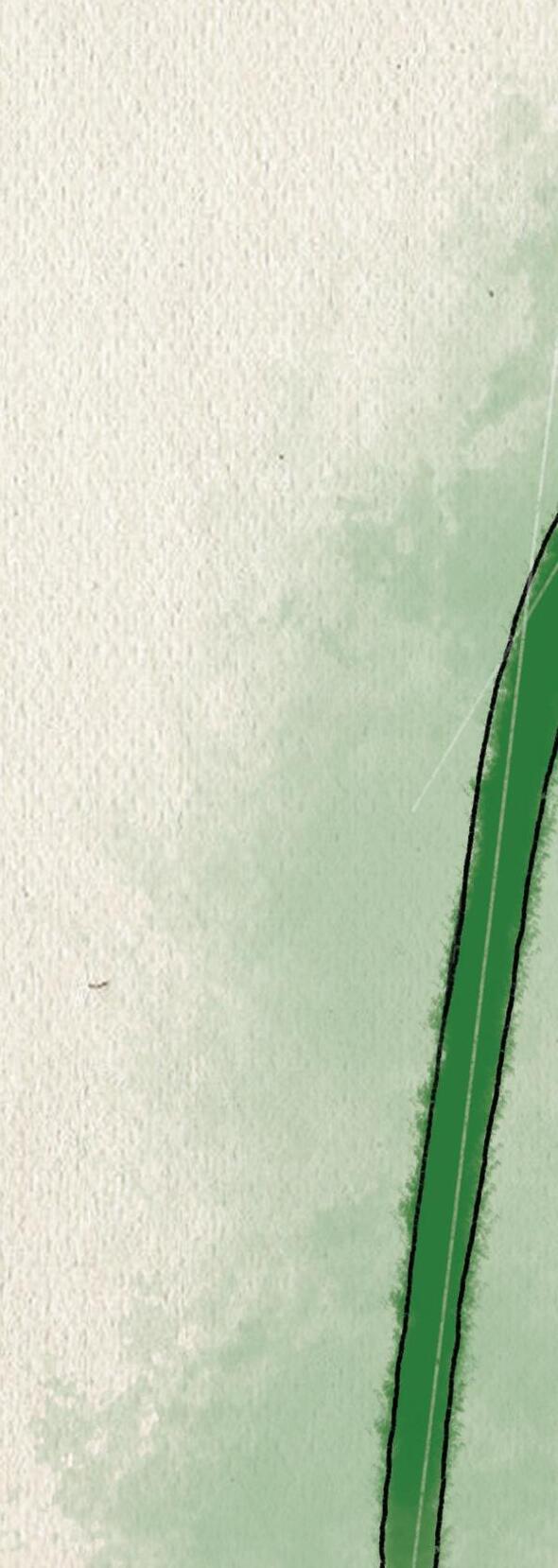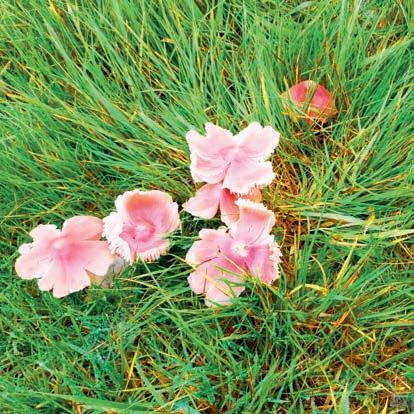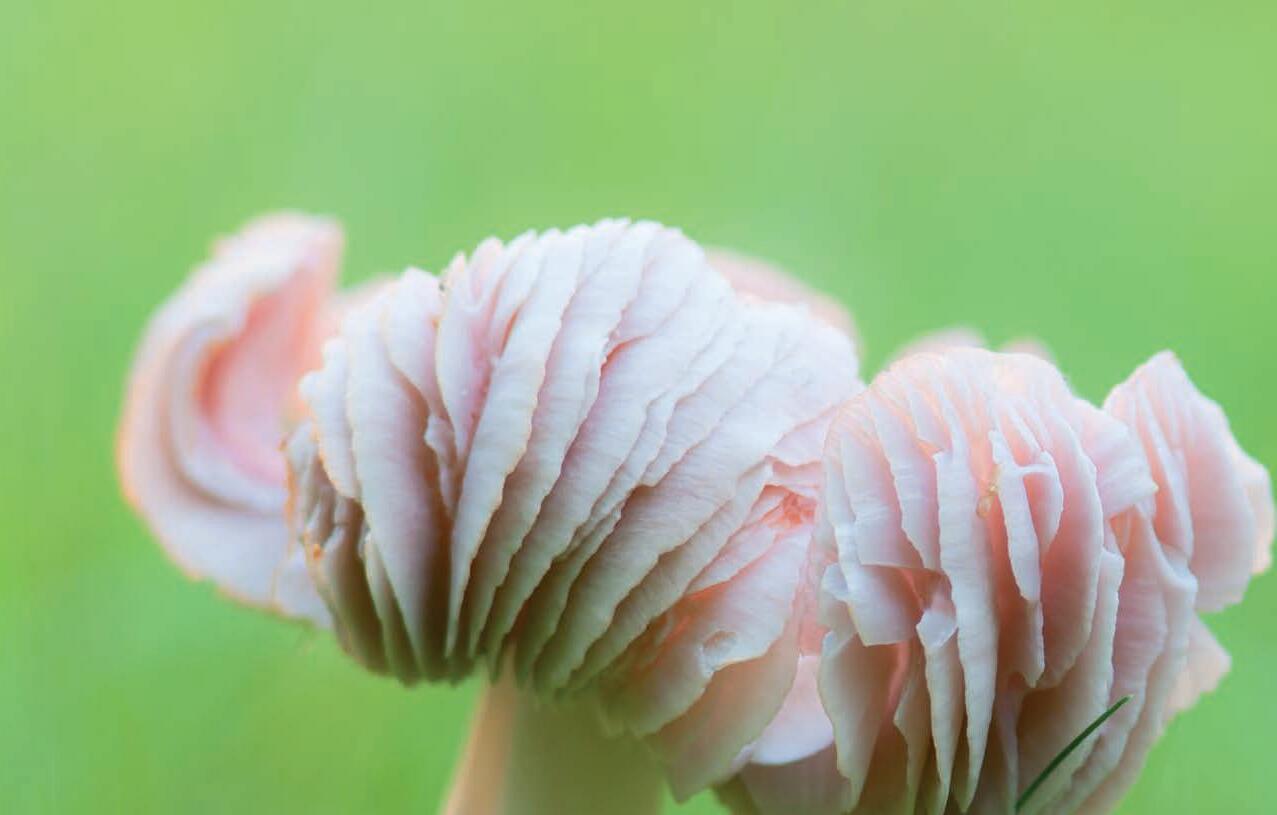
1 minute read
Anther Filament Stamen
Nigel shared that his teacher said a ‘difference’ is what I call a recognisable taxonomic unit, and that “sometimes that is just enough when you are starting out”
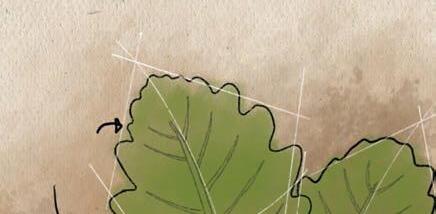
Advertisement
Mike Waite, director of research and monitoring at Surrey Wildlife Trust, sees first hand how curiosity leads people from casual observation to structured surveys and contributions to science.
“Many people move from noting birds on their feeders to eventually learning bird song. Online tutorials offer training, and soon they’re taking part in national breeding bird surveys. That’s how I started.”
Nowadays, he advises the local council on its nature recovery strategy, priority species list and measuring progress towards restoring 30 per cent of land by 2030.
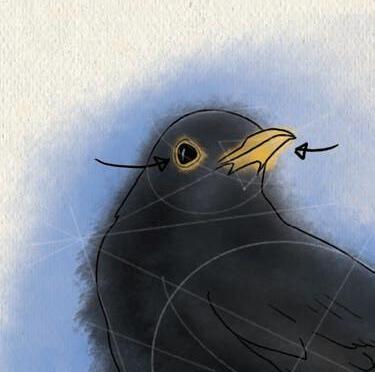
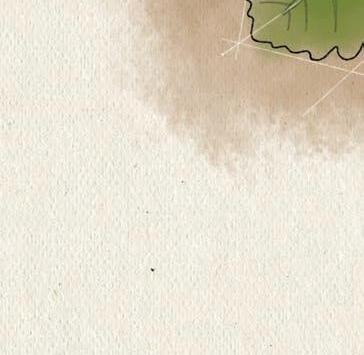
He notes that although some citizen scientists may be naturally introverted or solitary, their observations on rapidly advancing species like dragonflies – as indicators of climate change – are invaluable. “Many new dragonfly species have colonised the UK from the continent over the past decade, providing clear data on environmental shi s.”
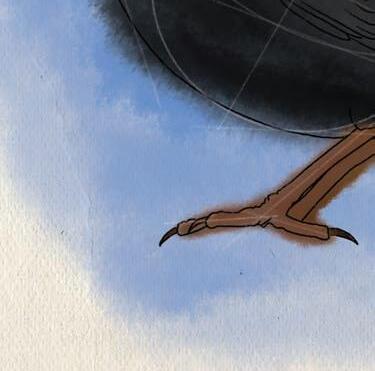
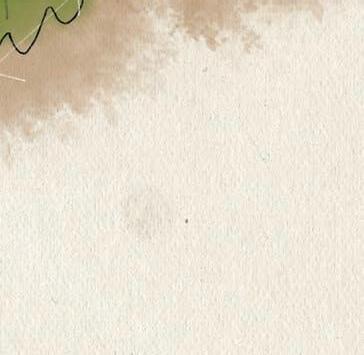
The Wildlife Trusts across the country offer citizen science programmes where volunteers learn identification skills and can contribute to conservation surveillance data. Projects include Shoresearch, Seasearch, Riversearch and Nature Counts for species monitoring to name just a few.
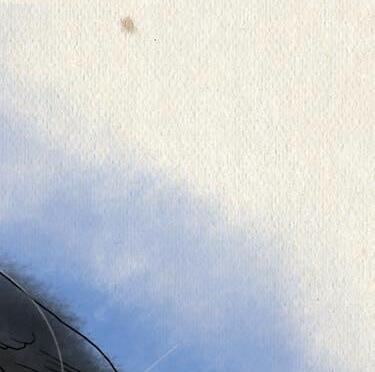
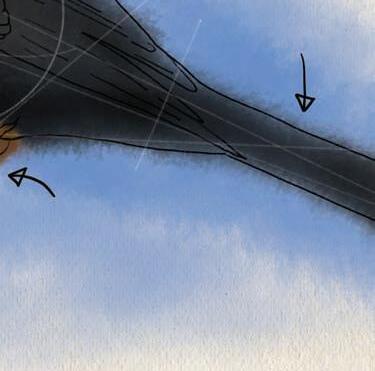
Thousands of people are ge ing involved walking transects to count the number of bu erflies, mapping the distribution of hedgehogs across a city, or reporting field signs of o ers along river banks. This data directly supports species conservation and habitat restoration, local strategies for nature recovery and is vitally needed to lobby government to protect nature.
What could be more rewarding than spending your weekend immersed in nature? This hands-on connection not only deepens personal engagement but also contributes to science. So, pick up a notebook, jot down your observations, and begin your journey as a citizen scientist. You never know where your notes might lead.
Find out more about how you can take part in citizen science at: wildlifetrusts.org/citizen-science

